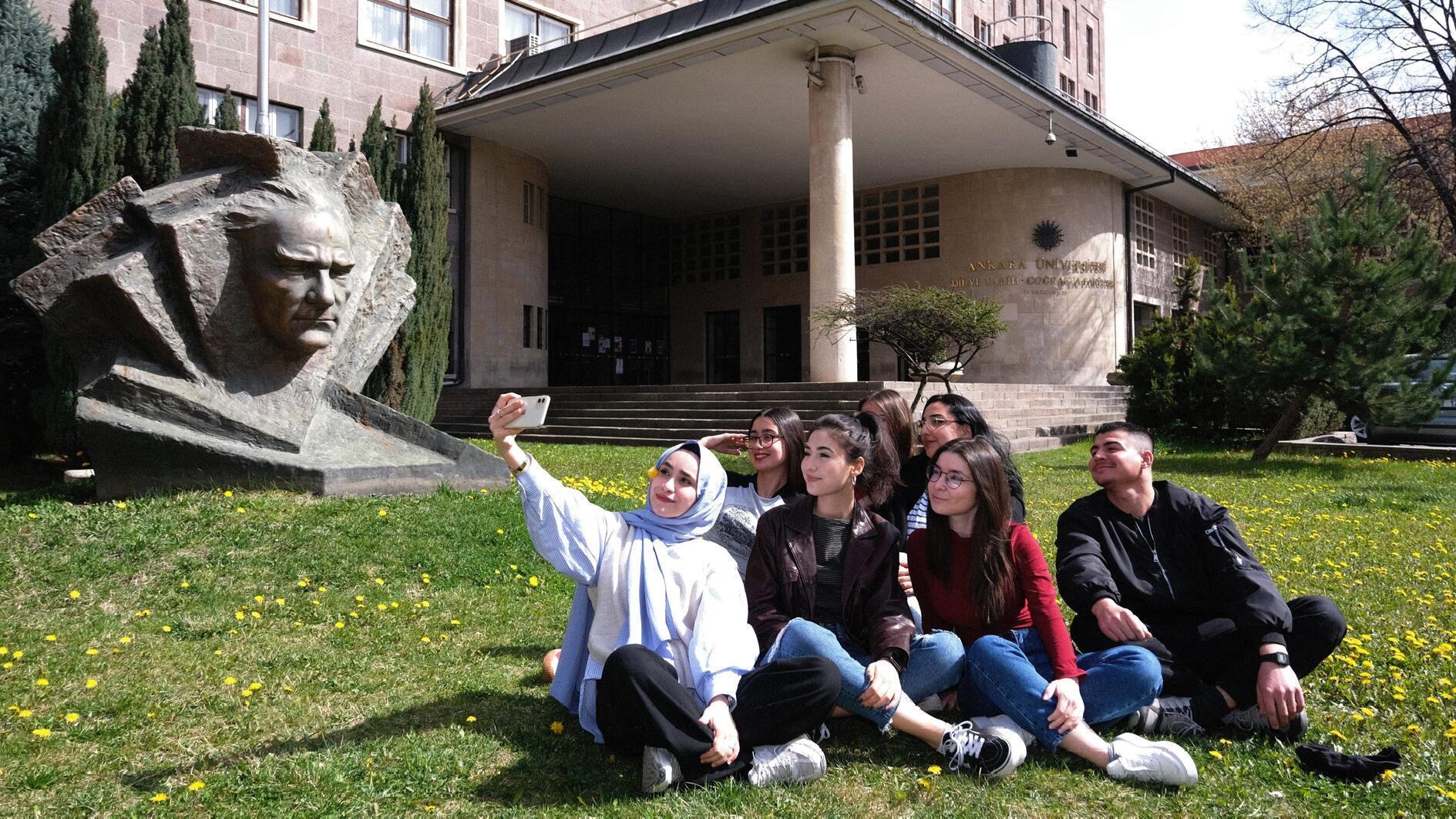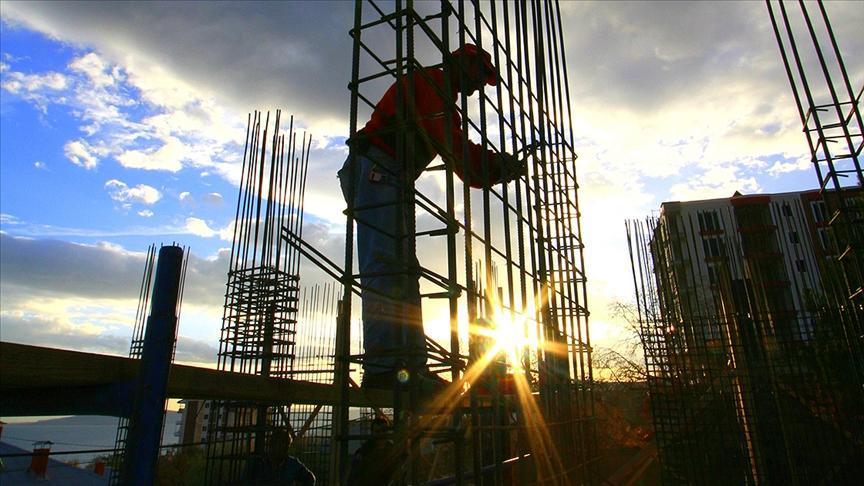Ankara leads in education duration: Data
ANKARA

The capital Ankara stands out as the province where those aged 25 and over spent the longest time in school in 2023, with the nationwide proportion of higher education graduates among the same age group reaching approximately 25 percent, says official data.
According to data released by the Turkish Statistical Institute (TÜİK) on May 30, the percentage of associate, undergraduate, master's and doctoral degree holders aged 25 and above saw a slight increase last year from 23.9 percent to 24.6 percent compared to 2022.
The average duration of education, indicating an individuals educational journey, stands at 9.3 years nationwide, with the capital leading at 10.7 years as the province where individuals spend the most time in education.
Following Ankara are Istanbul, the central city of Eskişehir, the Marmara province of Kocaeli and İzmir in the country’s, respectively.
On the other hand, the eastern province of Ağrı ranks lowest with an average education duration of 7.4 years, followed by Şanlıurfa, Muş, Kastamonu and Van.
The top five provinces showing a significant increase in the average education duration, based on the decade-long change from 2014 to 2023, include Şırnak with a 54 percent increase, the statistics body said.
TÜİK also noted that 97.6 percent of the population is literate. Examining the influence of parental education on children, the statistical institute noted that nearly 85 percent of individuals with mothers holding higher education degrees progress to similar educational levels.
TÜİK established the National Education Statistics Database by merging education information obtained from individuals with data from administrative records in 2008. Furthermore, the average education duration indicator, which holds significant international importance, was presented for the first time last year as an official statistic for the years 2011-2022.
The average education duration reflects the mean educational duration of the population aged 25 and above. This indicator is utilized in studies such as the Human Development Index, Gender Development Index and Multidimensional Poverty Index calculated by the United Nations Development Program (UNDP).
Alongside the increase in the number of higher education graduates in Türkiye, the position of educational institutions in global rankings continues to improve.
According to the Academic Ranking of World Universities, 11 Turkish universities are listed within the top 1,000.
Twenty-one higher education institutions from Türkiye were included in the top 500 of the world’s best “young universities” list, according to a London-based education organization.
















